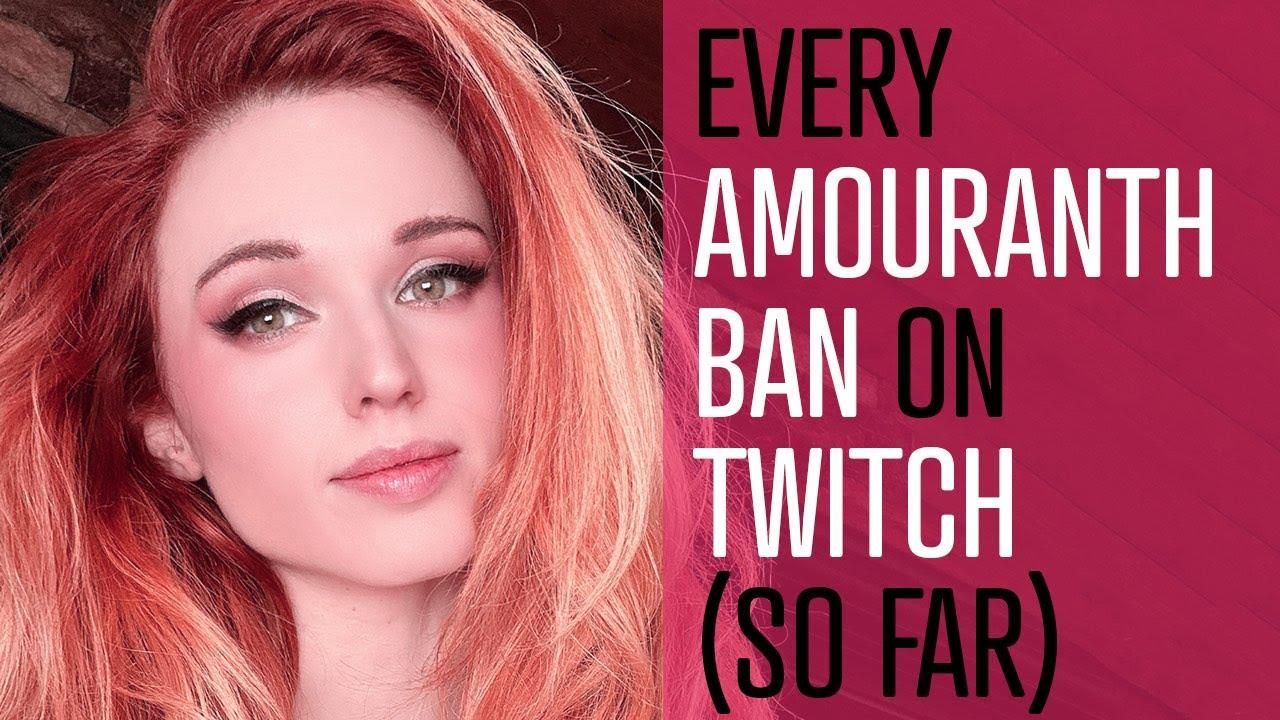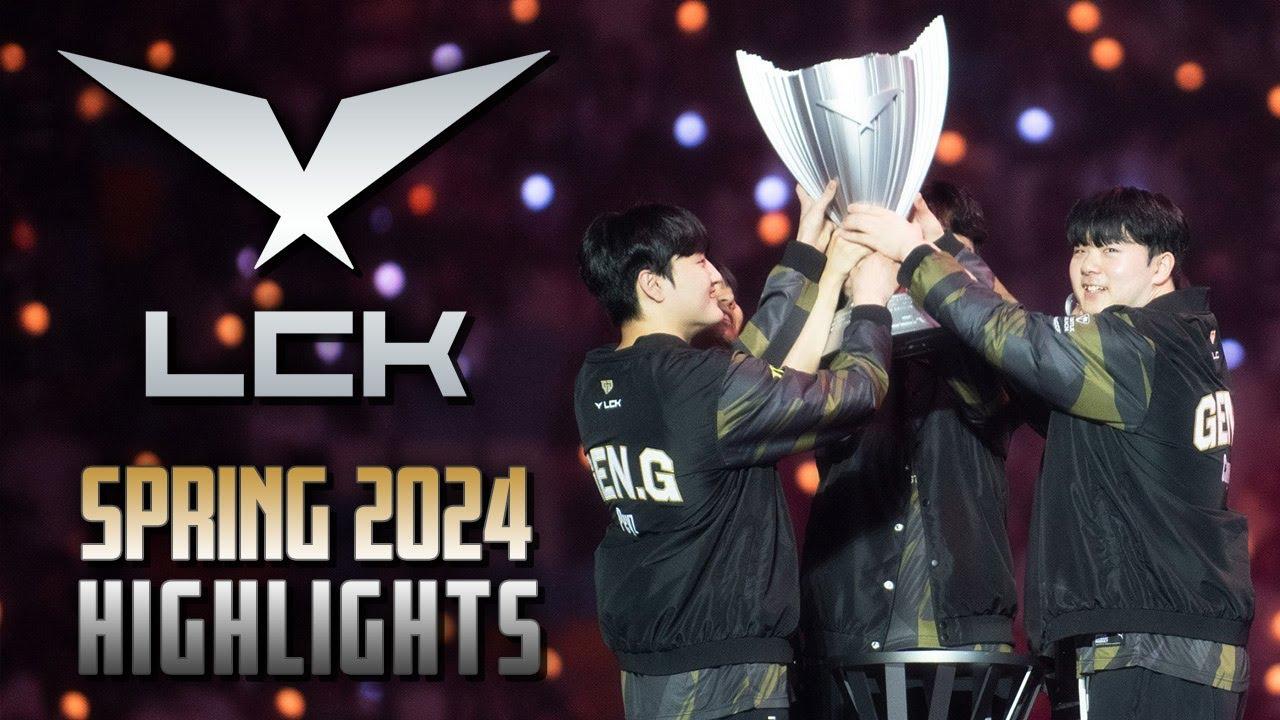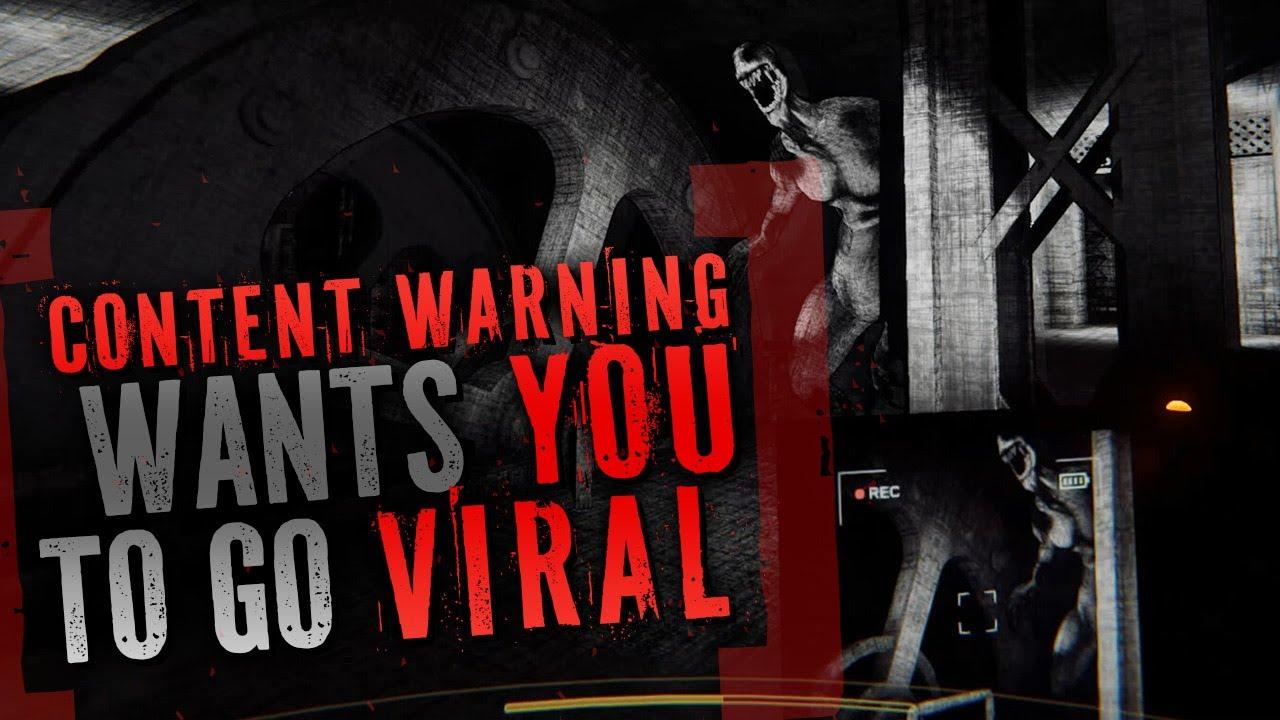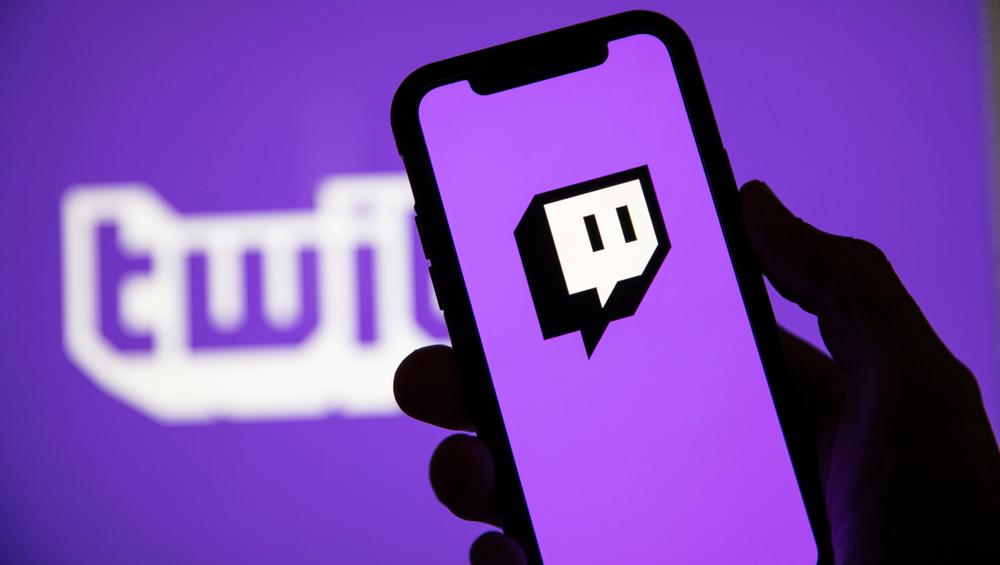
Everything to know about DMCA claims against Twitch streamers
Twitch streamers have been plagued by DMCA issues recently, and this morning Twitch released a blog post clarifying the reason for a recent increase in DMCA claims, along with advice on how to avoid DMCA issues moving forward.
What is DMCA?
DMCA stands for the Digital Millennium Copyright Act, which is a set of United States laws created in 1998 to criminalize production and dissemination of technology, devices, or services intednded to circumvent measures that control access to copyrighted works. DMCA also heightens the penalties for copyright infringement on the internet.
Part of the DMCA limits the liability for services in which copyright infringement may occur, such as Twitch, YouTube, and other social media platforms where creative material can be circulated.
As with all aspects of law, copyright holders may choose to ignore their right to take down content that they own for whatever reason. For example, many video game companies allow users to stream their games to others, because it is one of the best ways to market a game and thus increase revenues. The same can sometimes be true for music creators and other creative content owners.
How does copyright law affect streamers?
Copyright law is fickle, and it isn’t easy to know what is and isn’t “fair use,” which protects creators against copyright infringement claims. According to Stanford University, the most general sense of fair use is “any copying of copyrighted material done for a limited and “transformative” purpose, such as to comment upon, criticize, or parody a copyrighted work.” It is important to understand that fair use is a defense against a claim of copyright infringement, and is not a sure way to avoid a lawsuit or a DMCA notification.
A copyright owner has the exclusive right to reproduce and distribute a copyrighted work, and any of these copyrighted works can be infringed upon by a livestream. This is problematic on many levels for streamers. In a legal sense, streamers may need to obtain a license to stream every aspect of what they are displaying. Under copyright law, game developers and publishers legally own the rights of use to the game, including the images, video, and any accompanying music.
In addition to having a license to stream the game itself, a streamer must also be aware of whether they have permission to use any music that they are streaming, and any images or sound effects that come up when an event such as a follower, a subscriber, or a donation triggers.
Most of the time, copyright holders won’t make the effort of issuing takedowns of every streamer that uses their content without permission. However, bigger companies have begun to turn their attention to Twitch, which is why Twitch felt the need to give an update to streamers this morning concerning music-related claims.
Can Twitch streamers use copyrighted music?
Twitch streamers are highly encouraged to use copyright-free music in their streams and to stop using copyrighted material that they do not have explicit permission to use. Many Twitch followers in the last few months have seen their favorite streamers scrubbing all of their VODs and clips off of Twitch because of DMCA takedowns. While some lawyers and legal professionals have been warning that this sort of thing would happen for years now, there was never any telling when it would actually happen. Now, representatives for major labels have started sending thousands of DMCA notifications each week to Twitch, alleging copyright infringement for snippets of tracks in years-old clips, according to Twitch.
Twitch does not expect this number to slow down, and streamers should even be worrying about in-game music. In their blog post, they suggest looking at the End User License Agreements to see the terms of streaming that game. Searching for words like “stream” and “music” will highlight the specific permissions that the game has set out for its users. Streamers can choose from there what they do with that information, whether it be turning off in-game music or muting a game’s audio. If none of those options are available, turning off clips and VOD’s could save streamers from a DMCA claim later.
For music to play during streams, there are a ton of applications and organizations out there that help streamers with this. To name just a few, Epidemic Sound, Pretzel Rocks, and NCS are all viable options who vow to create music for streamers that won’t trigger a copyright claim.
Can Twitch issue a copyright strike while live?
Yes, and while this is a new development for Twitch, it has become known that streamers can receive a copyright strike while live. There used to be the belief that if a streamer used copyrighted music, but didn’t save any footage to a VOD or clip, that there would be no opportunity for a strike to be given. This has changed.
With the increasing concern over copyright issues, this could escalate things. It is important that streamers be cautious and only use copyright-free music on their streams, and also take notice of what companies are and aren’t allowing. According to creativefuture.org, Nintendo has filed several takedown notices to high-profile streamers, and Atlus, the game developer behind Persona 5, went so far as to ban streaming past a certain point in the game when first released.
If a streamer continues to use copyrighted music, their account could face suspension, and ultimately could be banned from the platform permanently.
Twitch responds to community feedback
In their blog post this morning, Twitch acknowledged their part in the confusion and chaos that occured while DMCA notices were suddenly being issued in such great numbers. They clarified what they are doing going forward to help streamers naviage the influx of DMCA takedowns, and have implemented new goals for the future.
The biggest problems that streamers are faced with is the inability to figure out which clips or VODs were struck with DMCA takedown notices, and how to get rid of clips they thought might be infringing without having to manually go through every clip and VOD from however long they’ve been streaming for. Twitch addressed this and has promised to expand its technology to help streamers delete footage that is deemed infringing, and to give more ways to delete clips besides deleting all of them. Along with this, Twitch has admitted that there should have been more accurate information in the emails alerting streamers to a DMCA takedown, and plans to include more detailed information such as what work was infringing, who the claimant is, and how that claimant can be contacted.
Surprisingly, Twitch has approached major labels to add licenses that would be appropriate for the Twitch service. They admit that record labels who have licenses with other services will be too costly for Twitch, so it is unknown exactly what Twitch now means when it says that it is talking to major labels about licensing.
The community response to this has been mixed. There are some knowledgable streamers who have run into this issue before on other platforms and have already taken steps to change their stream to follow suit, but for the vast majority of streamers, they’ve had to delete years of VODs and clips. This was heartbreaking for many streamers and their communities.
For more information, streamers should check out a thread on Reddit from /r/Twitch in which intellectual property attorney Alex Robertson answered many questions that Twitch streamers may have about the takedowns.
Recommended

GeoGuessr World Cup 2024 — Is Rainbolt competing?
As one of the most popular GeoGuessr players, will we see Rainbolt on the international stage?
...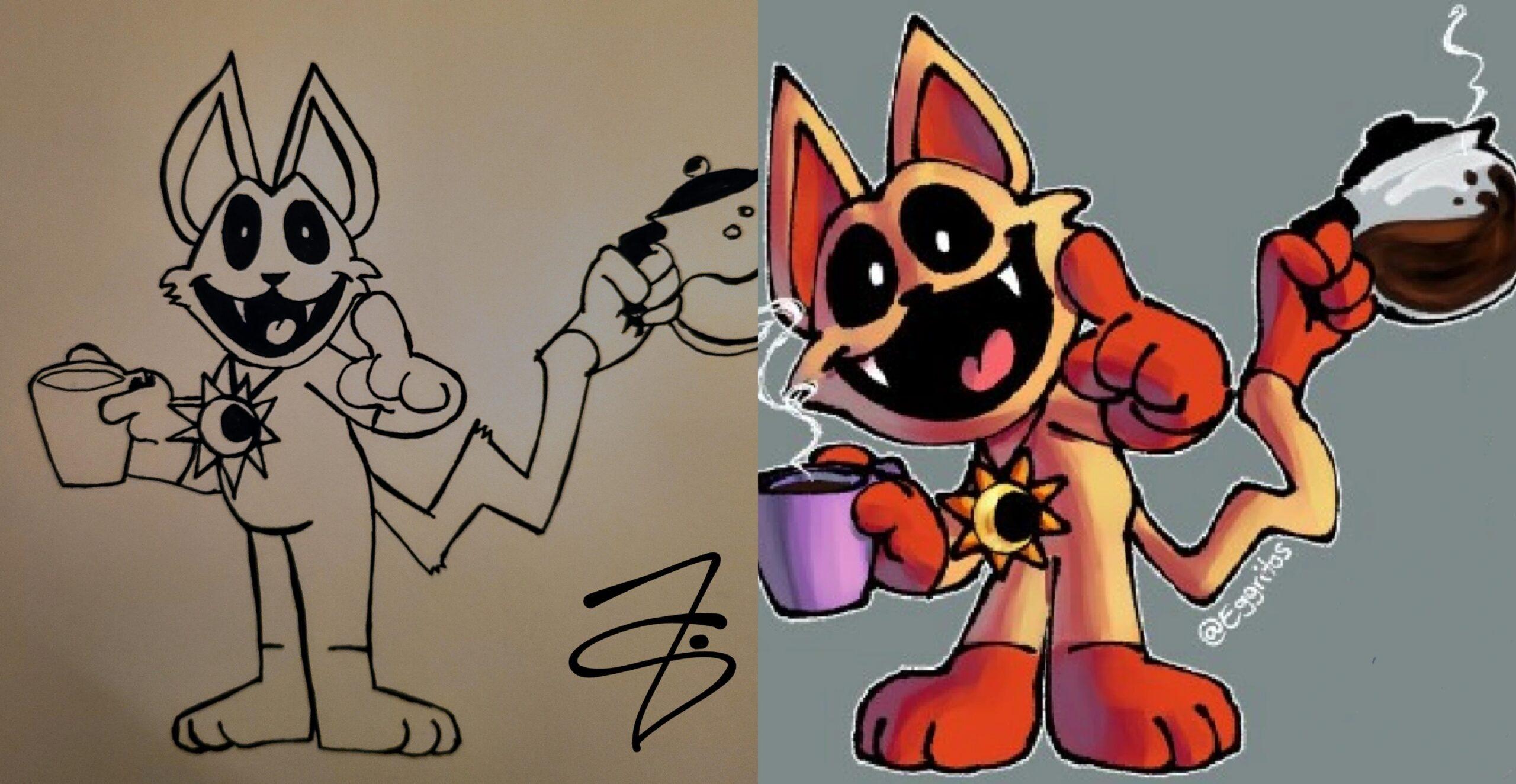
Who is Catfeine in Poppy Playtime?
What is the story behind Catfeine?
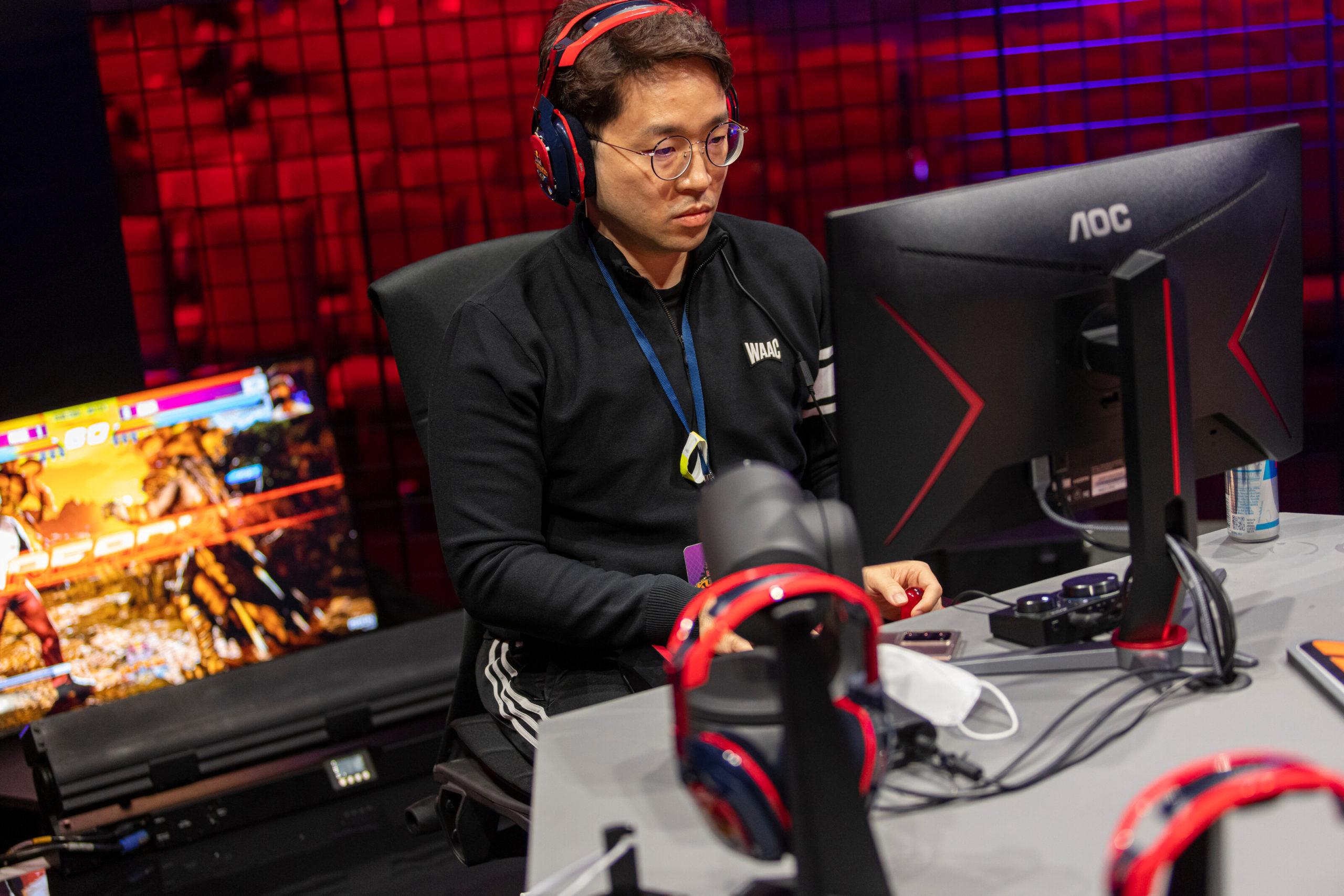
Tekken pros argue if Tekken 8 is a good game or nah
Is Tekken 8 too aggressive for the OGs?


